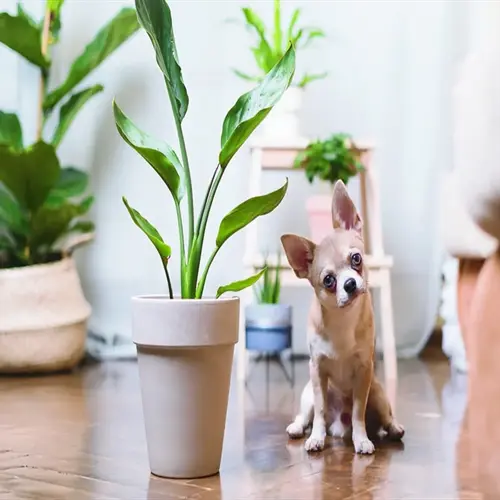What environmental triggers cause feather plucking?

Written by
David Smith
Reviewed by
Prof. David Walsh, Ph.D.Environmental stimulants cause feather picking in sensitive birds. Household chemicals such as cleaning agents produce toxic fumes, adversely affecting respiration. Loud noises lead to chronic stress reactions. Social isolation results in compulsive preening. I have treated parrots that stopped picking simply by changing their cage location. Identifying these stimulants prevents damage.
Chemical pollutants pose serious health threats. Fragranced candles and aerosol odors irritate the respiratory tract. Non-stick foods (such as pans and skillets) release highly poisonous gases when overheated. Birds exhibit respiratory distress before feather picking occurs. Always use vinegar-based cleansing solutions. Use air cleaners around the cages in homes. The result should be a marked reduction in non-lethal chemical exposure.
Light/Sleep Disruptors
- Irregular daylight hours confusing internal clocks
- Solution: Use blackout curtains for 12-hour darkness cycles
- TV glare at night disrupting rest
- Solution: Cover cages partially during evening hours
Social Stress Factors
- Isolation in separate rooms causing loneliness
- Solution: Place cages where family gathers safely
- Overcrowding with multiple birds competing
- Solution: Provide individual perches and feeding stations
Temperature swings are harmful to birds, and air leaks from windows cool delicate species. Heat vents produce dry air, which can lead to skin irritation. Keep temperatures at a constant 70-75 degrees F. Use humidifiers in the winter. Thermometers should be digital, and monitoring air temperatures is essential. African greys require more humidity than finches. The care needed for different species prevents the plucking of birds.
My cockatoo client was feather-plucking in a busy hallway where his cage was located. We moved the cage to a wall away from the hallway. We put up sound-absorbing innerspace panels. Within three weeks, the bird had stopped its plucking. Simple environmental adjustments can bring about dramatic improvements. Pay close attention to the reactions of your birds to the changes you've made in the household.
External stimulants necessitate creative solutions. Street noise requires white noise devices. Seasonal changes require full-spectrum light, and visual barriers supply security. Rotate toys weekly to give mental stimulation. Regular routines foster confidence, which significantly reduces the urge to pluck.
Environmental audits are crucial to preventing feather destruction. Walk through your home at least once a week. Notice if any changes in scent or sound occur. See how the birds react to the changes. Keep notes on this information in a journal. Minor adjustments can be made to provide safe havens where feather destruction will cease naturally.
Read the full article: Understanding Bird Feather Plucking: Causes and Solutions

